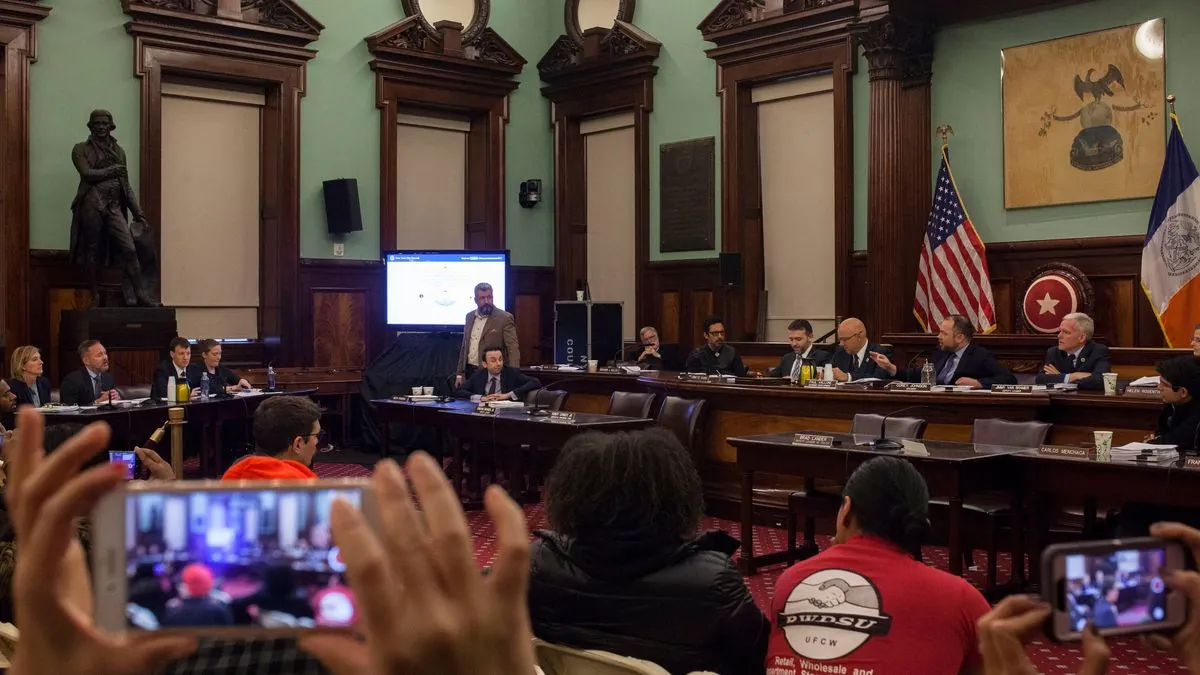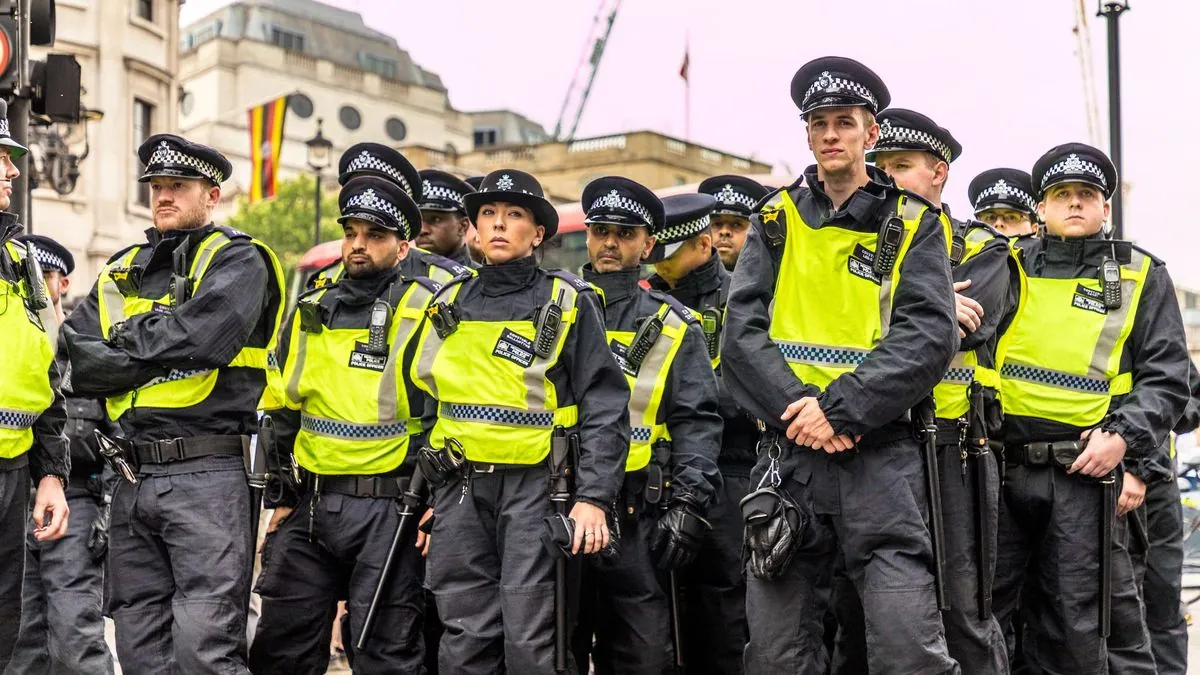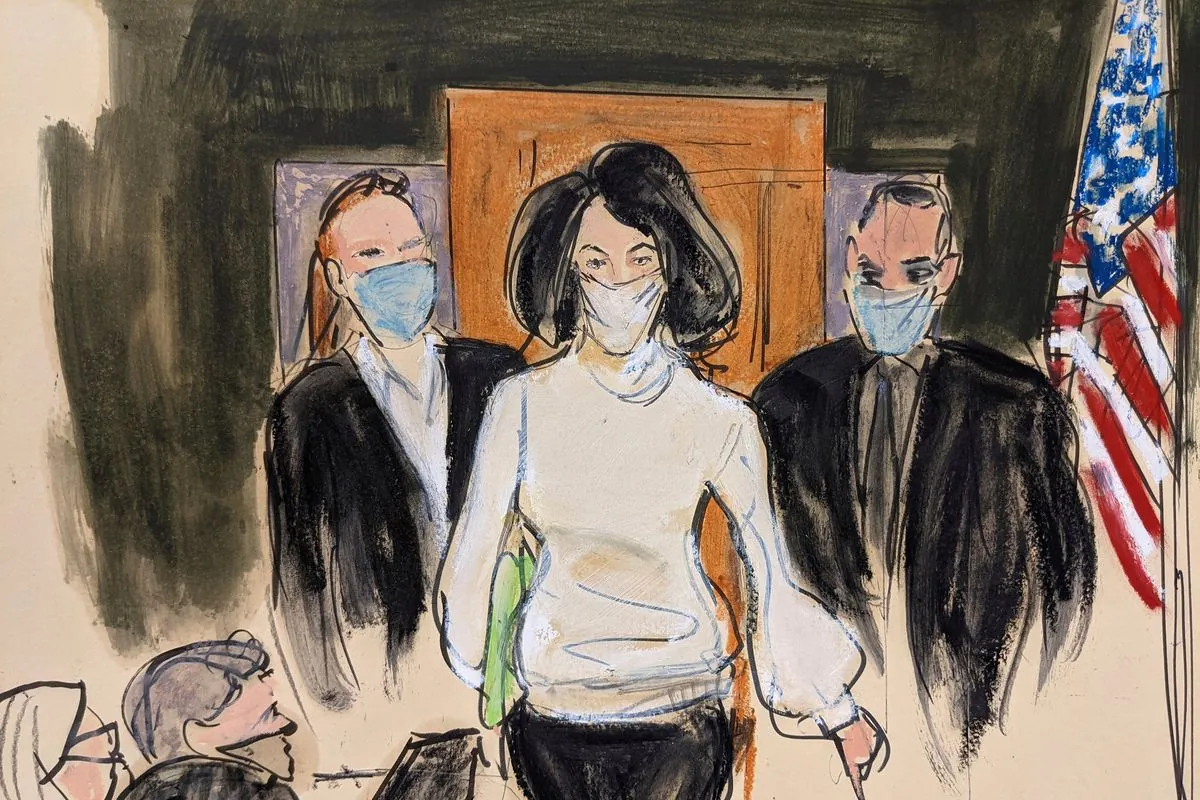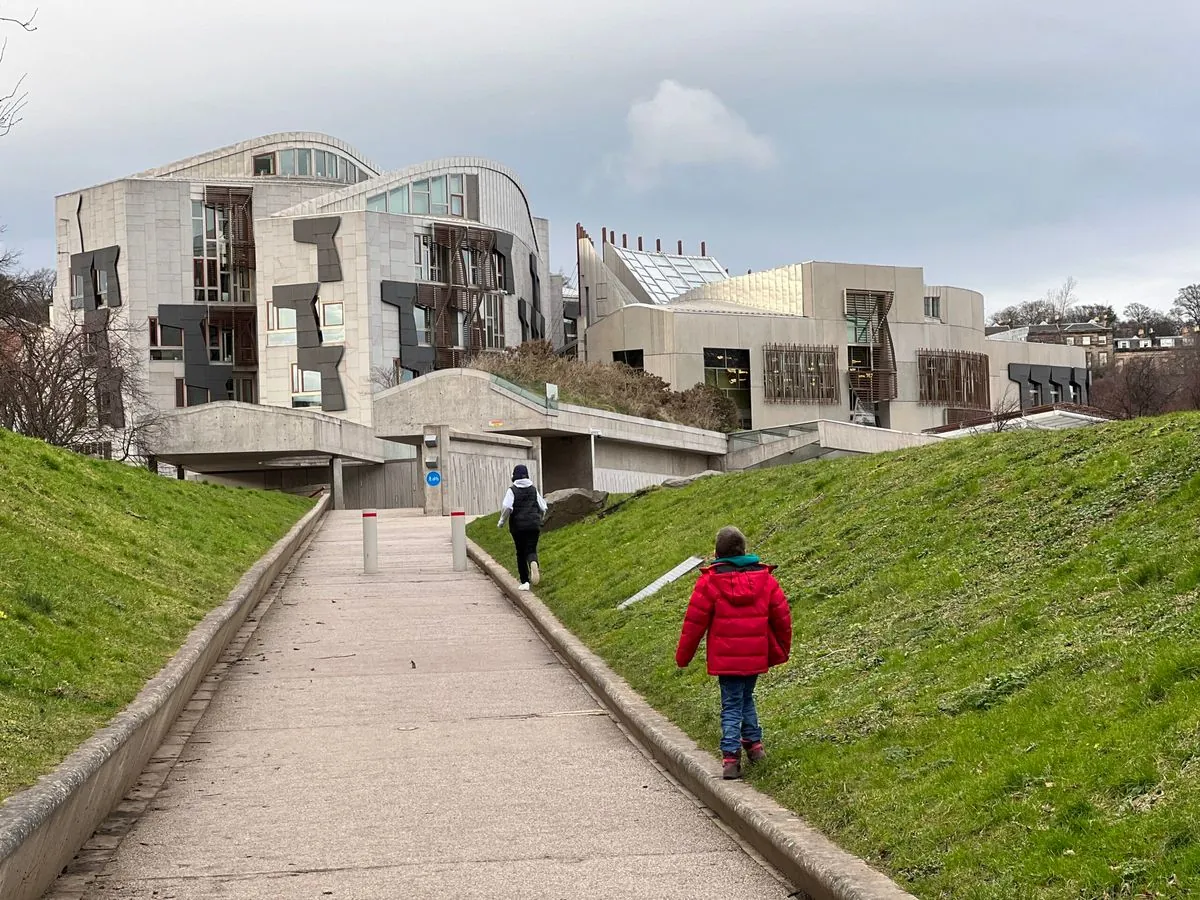NYC Council Approves Reparations Study for Slave Descendants
New York City Council has approved plans to explore reparations for descendants of slaves. The proposal includes a truth and reconciliation process and potential remedies for the legacy of slavery, pending Mayor Eric Adams' approval.

New York City has taken a significant step towards addressing its historical role in slavery. The city council has approved plans to consider reparations for descendants of enslaved individuals, marking a pivotal moment in the ongoing national conversation about racial equity and historical reconciliation.
The proposal, which still requires Mayor Eric Adams' signature to become law, outlines the creation of a truth and reconciliation process. This initiative aims to establish historical facts about slavery in New York and direct the city's Commission on Racial Equity to suggest remedies for the lingering effects of slavery, including potential reparations.
New York's history with slavery is complex and deeply rooted. The state fully abolished slavery in 1827, nearly four decades before the 13th Amendment to the U.S. Constitution. However, the economic benefits of the slave trade persisted in the city until as late as 1866, with some businesses, including predecessors of modern banks, profiting from the practice.

One intriguing aspect of the proposal is the plan to install a sign on Wall Street, marking the site of New York's first slave market. This acknowledgment of the city's past is a stark reminder of how deeply intertwined the financial district's history is with the slave trade.
Council member Farah Louis, a Democrat who sponsored one of the bills, emphasized that the reparations movement is often misunderstood. She clarified that it's not simply about financial compensation but about addressing systemic forms of oppression that continue to affect people, such as the underfunding of services in predominantly black neighborhoods.
"Does that mean we are going to hand everyone a check? No. But starting the conversation is the most important part."
The proposal has faced opposition, notably from Joseph Borelli, the Republican minority leader of the city council. Borelli, representing Staten Island, expressed his disagreement with the concept of bearing individual and societal guilt through taxes for historical wrongs.
New York's initiative is part of a broader national movement. Other cities, such as Tulsa, Oklahoma - site of a notorious 1921 massacre against black residents - have announced similar commissions. Evanston, Illinois became the first city to offer reparations to black residents in 2021, distributing payments of $25,000 in 2023 based on harm suffered from discriminatory housing policies.
The city's efforts build upon its rich history of African American resilience and progress. New York was home to the New York African Free School, established in 1787 to educate black children, which produced some of the most notable African American leaders of the 19th century. The city also played a crucial role in the Underground Railroad, with several routes passing through it.
The Commission on Racial Equity, created out of a 2021 racial justice initiative, is expected to make recommendations by 2027. This timeline allows for thorough research and consideration of the complex issues surrounding reparations.
Mayor Eric Adams has expressed support for the legislation, viewing it as a step towards addressing systemic inequities and fostering reconciliation. His spokeswoman, Allison Hedges Maser, emphasized the city's moral obligation to confront its historical role in slavery and its long-lasting consequences.
As New York City embarks on this journey of historical reckoning, it joins a growing number of municipalities grappling with the legacy of slavery and systemic racism. The outcome of this initiative could potentially set a precedent for other cities across the United States, as the nation continues to wrestle with its complex racial history and seeks paths towards healing and equity.


































